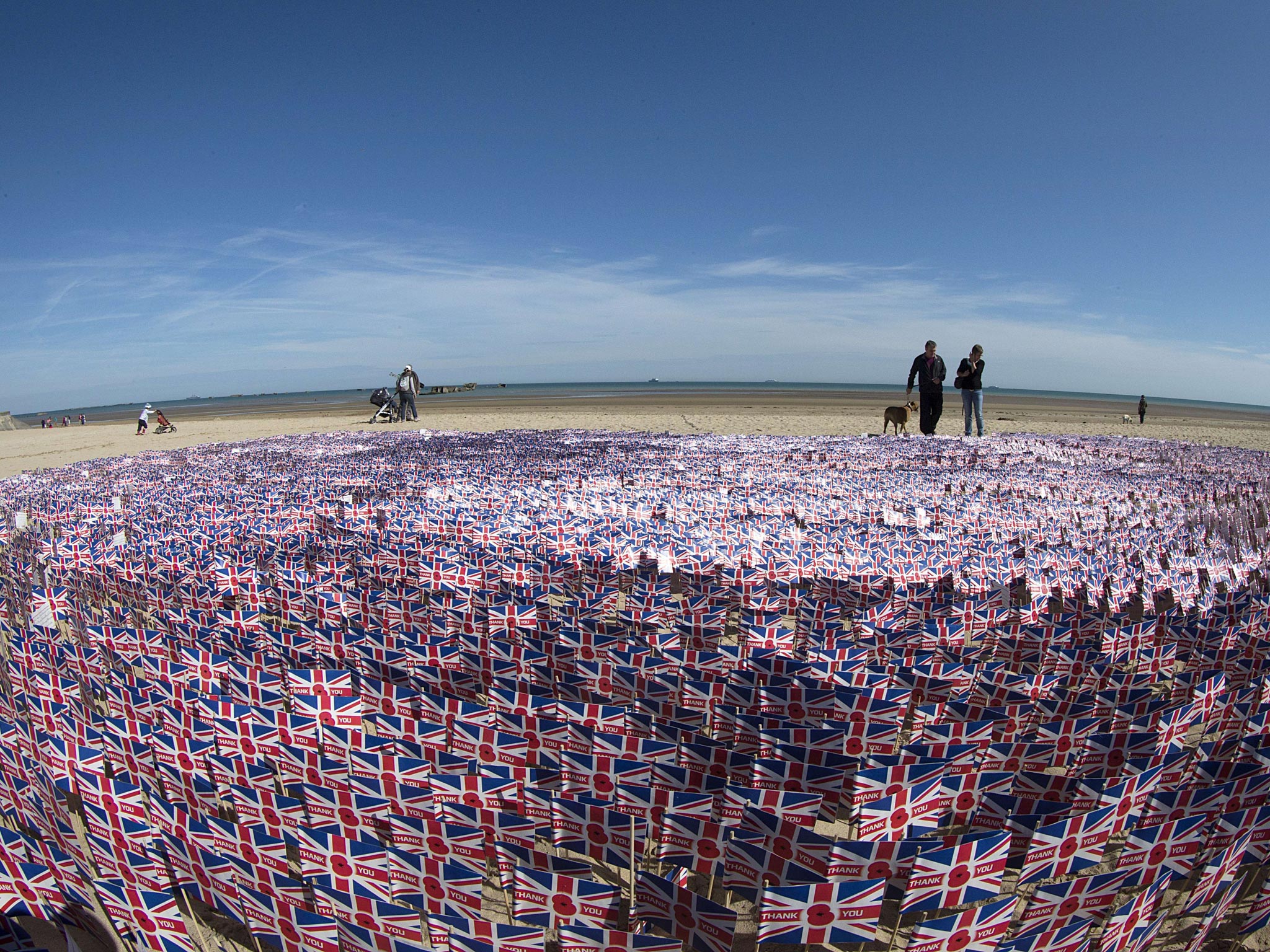The Only Way is Ethics
As it becomes ever less possible to know a veteran of the world wars, we must retell their stories


“Shh, don’t mention the war.”
“Er, OK. Which one?”
In a year when The Independent has been marking the centenary of the First World War’s outbreak with a series of terrific articles, last week saw something of a double-whammy with the 70th anniversary of the D-Day landings. Does all this war commemoration get a bit much, especially when added to our coverage of ongoing conflicts, in Syria, for instance?
Newspapers have to balance light and shade, humour and seriousness. Some commentators have argued that there has been a general, unedifying shift in that equation in favour of the lighter, fluffier stuff. It is not an argument often backed up with a great deal of evidence but, even if it is true, it largely reflects wider changes in the way that people consume information, rather than being a conspiracy on the part of the media to dumb down.
Nevertheless, there can be nervousness in newsrooms when there appears to be too much “heavy” content, particularly when much of it relates not to news of current events but to commemorating past conflicts. In the way it feeds into the decision-making process, this is not fundamentally an ethical issue but simply the normal way in which newspapers tailor their editorial agenda to meet audience expectations.
Yet, when it comes to coverage of wartime anniversaries, especially of the major global conflicts of the 20th century, there are some principles at stake. We have, after all, reached the point at which First World War veterans are no more. Children born today will be unlikely ever to know anyone who fought in the Second World War. As it becomes easier for those conflicts to be forgotten from our collective memory, so the media’s role in ensuring their remembrance becomes more significant.
Thus, while searching for a balance in output, any newspaper worth its salt will not steer clear of old war stories simply for fear of being thought too gloomy.
Madeleine’s loss is still gripping
There is considerable media interest in the developments that have led British police to undertake new searches in the area of Portugal where Madeleine McCann went missing seven years ago. The toddler’s disappearance in 2007 is probably the most widely covered news story of the past decade. And for whatever reason (not least because it strikes at the heart of any parent), a great many people are as interested in the latest progress of investigations as they were in the early, frantic attempts to find Madeleine.
The Metropolitan Police requested before the latest operations began in May that editors give considerable thought to their coverage. The media’s relationship with the McCanns and the investigating authorities in both countries has a sufficiently chequered history to increase the potential for tension.
Nonetheless, the Met’s request has not prevented a wide variety of outlets from writing and broadcasting about what officers have been doing in Praia da Luz in recent weeks. And, frankly, there seems no intrinsic reason why the latest activities should not make it on to front pages from time to time.
But what about reporting by Twitter, which has radically altered the media since 2007? It seems to me that there is something excessive about tweeting every move of the police at the scene of a forensic dig, as some media representatives have been doing. Yet perhaps, in my 36th year, that is just a sign of my age.
Join our commenting forum
Join thought-provoking conversations, follow other Independent readers and see their replies
Comments
Bookmark popover
Removed from bookmarks